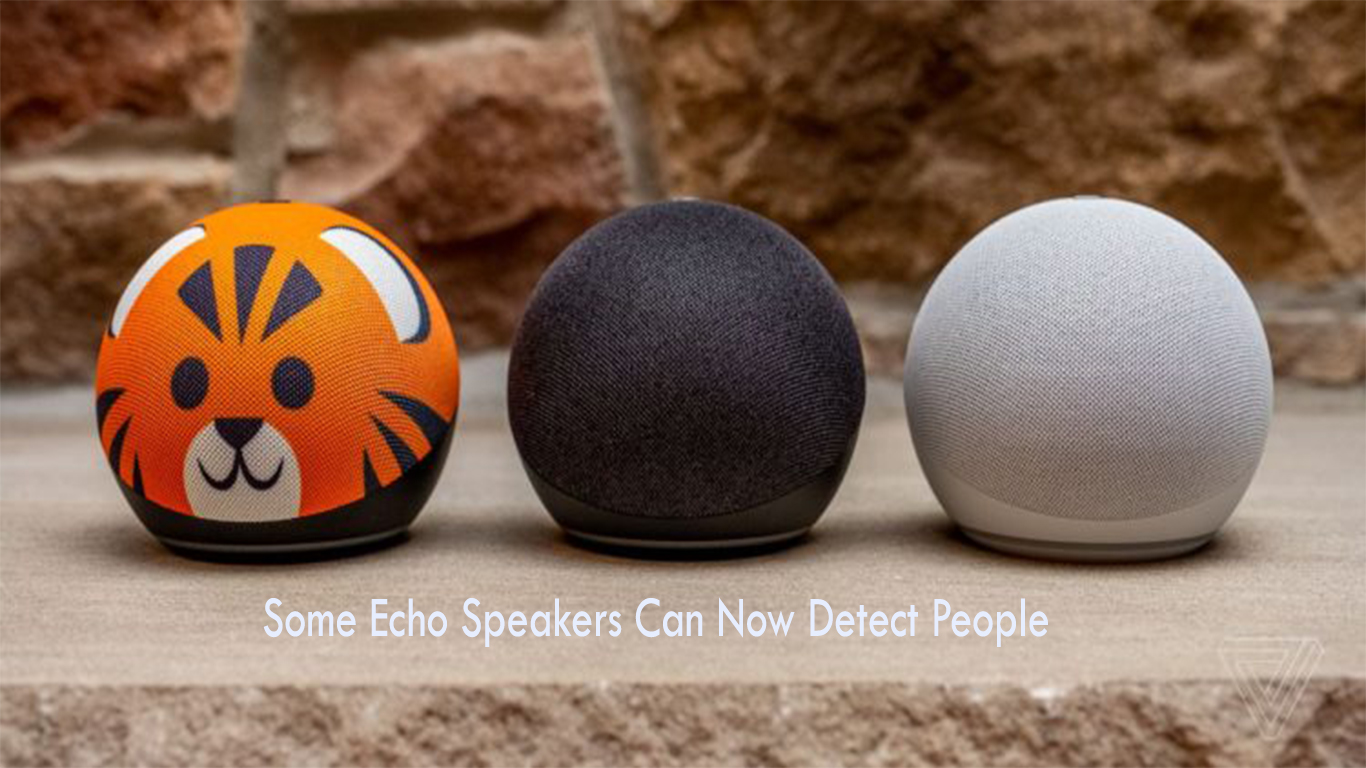Some Echo speakers can now detect people. Technology is getting more advanced with each passing day, but echo speakers detecting people that’s another level entirely. According to the verge, starting this week, newer Echo and Echo Dot speakers can use ultrasound to detect occupancy in your home and turn on and off other connected devices such as lights or your Fire TV.

First mentioned at Amazon’s fall hardware event in September, the Echo and Echo Dot fourth-gen speakers can now emit an “inaudible ultrasound wave” to detect if there are people present in a room.
Some Echo Speakers Can Now Detect People
You can enable or disable this feature in the Alexa app, where you can also set up occupancy routines to use this new capability to do things like turn on lights when you enter a room and then off again when the room is empty.
You could also have Alexa play music or a radio station when motion is detected near an Echo device during a set time and then shut down the tunes once you’ve left.
The function is listed under Motion Detection in the Alexa app settings for each compatible Echo device, and here you can toggle the capability on or off.
The Device Detects Movements
This feature is similar to the motion-sensing newer Echo Show devices have, but those rely on their cameras to tell if there are people in the room.
The Echo speakers don’t have cameras, so instead, the device detects movement by emitting an inaudible ultrasound wave that reflects off nearby objects before traveling back to the device’s microphones.
Google Using Ultrasound to Detect People
Google also uses ultrasound in its Nest smart displays and Nest Mini speakers to detect how close a person is to the display or speaker and offer up different interfaces.
For example, on the Mini speakers, it will show volume controls. Currently, you can’t use ultrasound sensing to trigger Google Home Routines.
Stand-Alone Motion Sensors
There are a number of stand-alone motion sensors that work with Alexa to trigger Routines including those made by Philips Hue, Aqara, and Centralite.
This new function means that, in theory, you won’t need to rely on one of these extra gadgets to turn on your lights or music.
It also furthers Amazon’s vision of the ambient smart home, one where your home responds automatically to its occupants with minimal prompts from them.
To get here, however, Amazon will need to put some more effort into the Alexa app. Setting up Routines to turn lights on at the correct brightness based on time of day then off again when the room is empty still requires a lot of patience and a fair amount of technical know-how.



